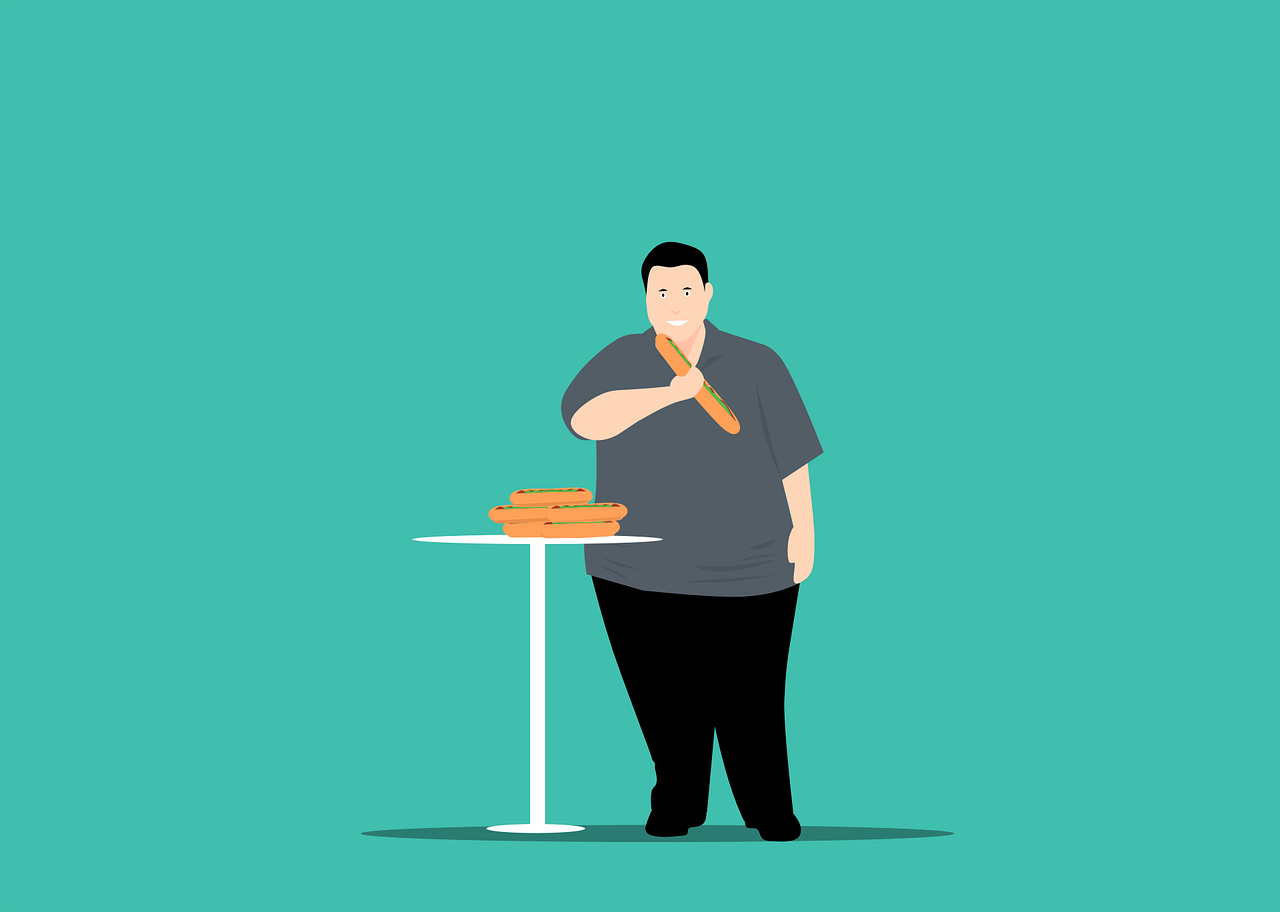
Click below to listen to this article
Eating disorders
Eating disorders are serious mental health conditions that affect millions of people worldwide. They are characterized by abnormal eating behaviours, such as restricting, bingeing, or purging food, and a distorted body image. People with eating disorders often suffer from low self-esteem, depression, anxiety, and other psychological problems. One possible way to cope with eating disorders is to cultivate a sense of self-transcendence, which is the ability to go beyond one’s personal concerns and connect with something larger and more meaningful. self-transcendence can help people with eating disorders to shift their focus from their appearance and weight to their values and purpose in life. It can also foster a sense of gratitude, compassion, and acceptance of oneself and others. self-transcendence can be achieved through various practices, such as meditation, spirituality, volunteering, or engaging in creative activities.
Types of eating disorder
They are characterized by abnormal or disturbed eating habits that can have harmful consequences for one’s physical and emotional wellbeing. There are different types of eating disorders, each with its own symptoms and causes. Some of the most common ones are:
- Anorexia nervosa: This is a condition where a person has an intense fear of gaining weight or becoming fat, even when they are underweight. They may restrict their food intake, exercise excessively, or use other methods to lose weight. They may also have a distorted body image and deny the seriousness of their condition.
- Bulimia nervosa: This is a condition where a person engages in recurrent episodes of binge-eating, followed by compensatory behaviours to prevent weight gain, such as vomiting, laxative use, fasting, or excessive exercise. They may feel a lack of control over their eating and experience guilt, shame, or distress after bingeing.
- Binge-eating disorder: This is a condition where a person has recurrent episodes of eating large amounts of food in a short period of time, without compensatory behaviours. They may feel a lack of control over their eating and experience distress, embarrassment, or guilt afterwards. They may also eat more rapidly than normal, eat until uncomfortably full, eat when not hungry, or eat alone due to embarrassment.
- Other specified feeding or eating disorder (OSFED): This is a category that includes any eating disorder that does not meet the full criteria for the above types, but still causes significant distress or impairment. For example, a person may have atypical anorexia nervosa, where they have the symptoms of anorexia nervosa but are not underweight, or purging disorder, where they purge without bingeing.
Causes of eating disorders
Eating disorders are complex and multifaceted conditions that affect millions of people worldwide. There is no single cause of eating disorders, but rather a combination of biological, psychological, social and environmental factors that can contribute to their development and maintenance. Some of the possible causes of eating disorders are:
Genetic factors: Some people may have a genetic predisposition to developing eating disorders, such as a family history of the condition, or certain genes that affect appetite regulation, metabolism, mood and stress response.
Psychological factors: People with eating disorders may have low self-esteem, perfectionism, distorted body image, poor coping skills, depression, anxiety, trauma or other mental health issues that influence their eating behaviours and attitudes.
Social factors: People with eating disorders may face pressure from society, media, family or peers to conform to unrealistic standards of beauty, thinness or fitness. They may also experience bullying, teasing, discrimination or abuse based on their appearance or weight.
Environmental factors: People with eating disorders may be exposed to triggers that worsen their symptoms, such as dieting, fasting, bingeing, purging, excessive exercise or substance use. They may also lack access to adequate nutrition, health care or support services.
Eating disorders and self transcendence
self-transcendence is the ability to go beyond one’s own self-interest and ego, and connect with something greater, such as a higher purpose, a spiritual dimension, or a common humanity. self-transcendence can help people with eating disorders by:
- Reducing self-criticism and shame. People with eating disorders often have low self-esteem and a negative self-image. They may feel unworthy, guilty, or ashamed of their appearance or behaviour. self-transcendence can help them cultivate compassion and acceptance for themselves and others, and recognize their inherent value and dignity.
- Increasing meaning and motivation. People with eating disorders may struggle with finding meaning and purpose in their lives. They may feel hopeless, empty, or bored. self-transcendence can help them discover what matters to them, what gives them joy and fulfilment, and what inspires them to change and grow.
Enhancing coping and resilience. People with eating disorders may face many challenges and difficulties in their recovery process. They may encounter stress, setbacks, or relapses. self-transcendence can help them cope with adversity and overcome obstacles by providing them with a sense of perspective, hope, and faith.
Some techniques to foster self-transcendence
- Meditation. Meditation is a practice of focusing one’s attention on a chosen object, such as the breath, a word, or a sensation. It can help people with eating disorders calm their mind, regulate their emotions, and access a deeper level of awareness and insight.
- spirituality. spirituality is a personal and subjective experience of connecting with something transcendent, such as God, nature, or the universe. This can help people with eating disorders find comfort, guidance, and support in their beliefs and values.
- Service. This is an act of helping others in need, without expecting anything in return. Service can help people with eating disorders shift their focus from themselves to others, and experience gratitude, generosity, and altruism.
Example use cases
Some people have used self-transcendence to help with their eating behaviours, such as overcoming binge-eating, emotional eating, or unhealthy dieting. Here are some examples:
- Jane was a binge eater who felt ashamed and guilty after every episode. She decided to join a support group, where she learned about the concept of self-transcendence. She realized that her binge-eating was a way of coping with stress and loneliness, and that she needed to find a more meaningful way of living. Then she started to volunteer at a local animal shelter, where she felt a sense of compassion and joy for the animals. She also developed friendships with other volunteers who shared her values and interests. She found that her urge to binge-eat decreased as she felt more connected and fulfilled.
- Mark was an emotional eater who used food as a way of numbing his feelings. He had a history of trauma and abuse that he never dealt with. He decided to seek therapy, where he learned about the concept of self-transcendence. Soon he realized that his emotional eating was a way of avoiding his pain and anger, and that he needed to face and heal his wounds. He started to practice meditation, where he learned to observe his thoughts and emotions without judgment. He also joined a spiritual community, where he felt a sense of peace and love for himself and others. Then he found that his emotional eating decreased as he felt more calm and compassionate.
- Lisa was an unhealthy dieter who was obsessed with losing weight and looking perfect. She had low self-esteem and constantly compared herself to others. She decided to take a course on positive psychology, where she learned about the concept of self-transcendence. Then she realized that her unhealthy dieting was a way of seeking validation and approval from others, and that she needed to find a more authentic way of being. She started to pursue her passion for writing, where she felt a sense of creativity and expression. Also, she joined a book club, where she met people who appreciated her for her personality and intellect. She found that her unhealthy dieting decreased as she felt more confident and happy.
Further reading
If you are interested in learning more about self-transcendence and how it can help you cope with eating disorders, here are some weblinks that you can explore:
Types of eating disorders – Mind: This website provides information and support for different types of eating problems, including possible causes, symptoms, recovery tips, and treatment options. It also offers guidance for friends and family who want to help someone with an eating problem. URL: https://www.mind.org.uk/information-support/types-of-mental-health-problems/eating-problems/types-of-eating-disorders/
Eating Disorders in Transgender People: This article discusses the prevalence and risk factors of eating disorders among transgender people, who may face unique challenges related to their gender identity and expression. It also suggests some ways to support transgender people who have eating disorders. URL: https://www.verywellmind.com/eating-disorders-in-transgender-people-4582520
Low Self-Esteem and Eating Disorders | Psychology Today: This blog post explains how low self-esteem can contribute to the development and maintenance of eating disorders, and how it can interfere with recovery. It also offers some strategies to improve self-esteem and overcome negative self-talk. URL: https://www.psychologytoday.com/us/blog/eating-disorders-the-facts/202204/low-self-esteem-and-eating-disorders
Self-Monitoring in the Treatment of Eating Disorders: This article describes how self-monitoring can be a useful tool in the treatment of eating disorders, as it can help identify triggers, patterns, and progress. It also provides some examples of self-monitoring records and how to use them effectively. URL: https://www.verywellmind.com/eating-disorders-self-monitoring-1138367
Treatment and support for eating problems – Mind: This website offers more information and advice on how to access treatment and support for eating problems, including online self-help programmes, talking treatments, medication, and admission to a hospital or clinic. It also explains what to expect from your doctor and how to prepare for your appointment. URL: https://www.mind.org.uk/information-support/types-of-mental-health-problems/eating-problems/treatment-support/



0 Comments